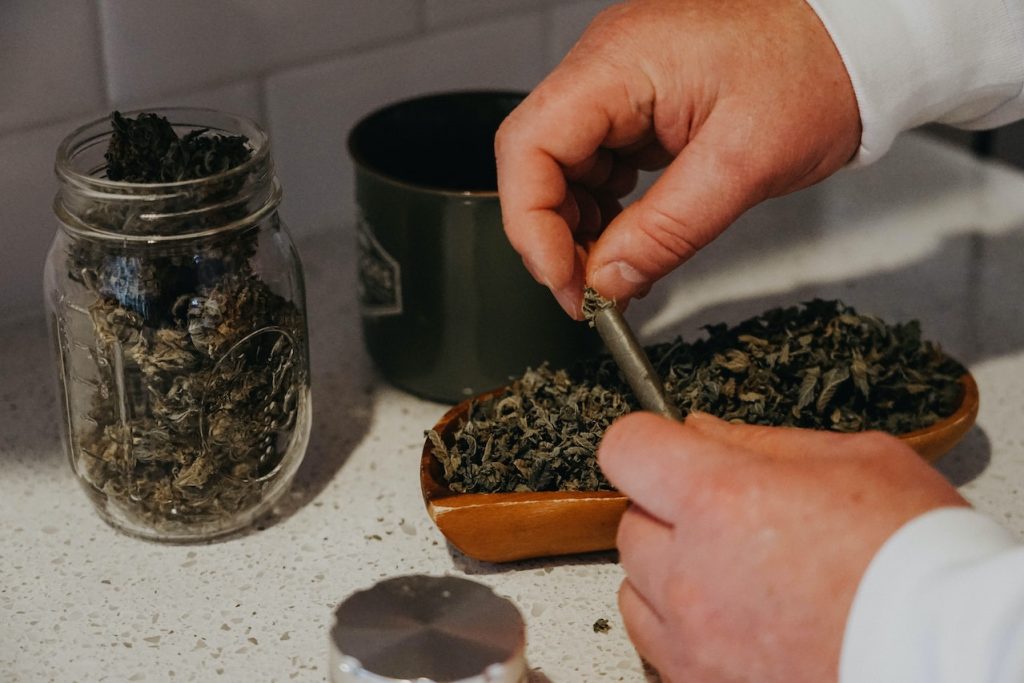
The proposed rule would allow a quick, yet straightforward, process for all candidates to resolve the issues that have been raised.
The Alabama Clinical Marijuana Commission (AMCC) embraced new application and permitting rules Thursday following quite a while of legitimate questions and in the midst of slowed down settlement discussions over the commission’s assessment cycle.
The guidelines embraced by the commission will permit the commission to keep scores it provided for earlier applications yet allow candidates the opportunity to frame lacks. Candidates will have the chance to introduce their recommendations to the commission in a public gathering.
“The proposed rule would allow a quick, yet straightforward, process for all candidates to resolve the issues that have been brought up as to their applications, remembering any recommended lacks for scoring process, including the specialized issues they might guarantee had kept them from giving their full shows,” said AMCC lawyer Imprint Wilkerson during the gathering.
AMCC Seat Rex Vaughn said the show would influence the commission’s choices on licenses.
“There are questions that most likely commission individuals have not yet had sufficiently replied, for example, residency issues, possession issues, those sorts of things that we’re not exactly clear on, so we’ll get the opportunity to address those,” Vaughn said.
Alabama approved a clinical weed program in 2021, permitting clinical marijuana to be utilized to treat around 15 sicknesses and ongoing diseases.
The AMCC granted licenses to create and disseminate clinical weed in June, yet irregularities in the scoring of utilizations prompted different claims and a stop to the permitting system. Organizations denied licenses have claimed that the commission was leading a lot of its business in secret, an infringement of the Open Gatherings Act.
Aretha Dix, a previous Alabama Clinical Marijuana Study Commission part who was denied a dispensary permit, said after the gathering that permitting candidates to introduce their strategic plan to the commission gives her expectation.
“You get to see our countenances,” she said. “You get to see the sympathy right in front of us. You get to hear the sympathy in our voice, and you get to see where we come from.”
Antoine Mordican, Chief of Local Dark Development, a hemp organization that needs to move into clinical weed development, said his application was hailed as a result of a “residency lack.” Mordican said that his organization is 100% Alabama-possessed and they displayed north of 30 years of successive residency in their application.
“I’m glad that they will have the option to offer us the amazing chance to come and talk about the soundness of why we did what it is that we did, and furthermore let them in on what’s our motivation behind everything,” Mordican said.
Candidates can likewise address pass/bomb issues recognized by the AMCC and submit displays that were recently restricted because of 10 megabyte document size limitation in the application entryway. Candidates will actually want to challenge a pass/bomb mark on their applications yet can not bring extra data.
Moreover, as far as possible the data candidates might redact to by and by recognizable data, proprietary innovations or seriously delicate data, which Wilkerson said was the underlying expectation. The standards allow candidates 10 days to present another redacted duplicate of the application.
Wilkerson said the commission concurred that redactions were conflicting.
Inquired as to why the commission didn’t address the conflicting redactions prior, Vaughn said after the gathering that he couldn’t say whether he could address that as the commission kept “a careful distance” in the redaction cycle.
“The redaction interaction is delicate, to the extent that our staff goes and our bonus individuals are concerned,” Vaughn said.
The commission additionally embraced changes to the analytical hearing cycle for denied candidates. Beforehand, candidates denied a permit needed to pay the authorizing charge forthright. It would cost an incorporated office $50,000 to have an insightful hearing. For a denied dispensary like Dix’s, it would cost $40,000.
Candidates will not need to pay a charge to demand an insightful hearing in the new principles.
Dix said that offers her the chance to zero in on administrations she gives without having another monetary impediment. Notwithstanding the authorizing and application expenses she said they ought to need to pay to be heard before the commission, or to give a clarification.
“To pay to have the option to uncover that data was to a greater extent a prevention,” she said. “Yet, you actually knew — we realized where it counts inside that we actually have direction, we actually accept that our organization has a chance to help the residents and, explicitly, the patients.”
Will Somerville, a lawyer addressing Alabama Generally, which sued the commission in June and August over supposed procedural irregularities and in July over the arrangement of previous seat Steven Stirs up, expressed that while he needed to hold judgment since he has not perused the guidelines by and by, they sound promising.
“I think Wilkerson is attempting to address — and get the commission to address — the issues that we candidates have had with the cycle,” Somerville said. “So without having perused the principles, I believe it’s a positive development.”